Room Condition Monitors
If you are looking for room condition monitors to help you and your team eliminate manual logging, improve compliance readiness, and protect all your temperature-sensitive assets, you’ve arrived at the right place.
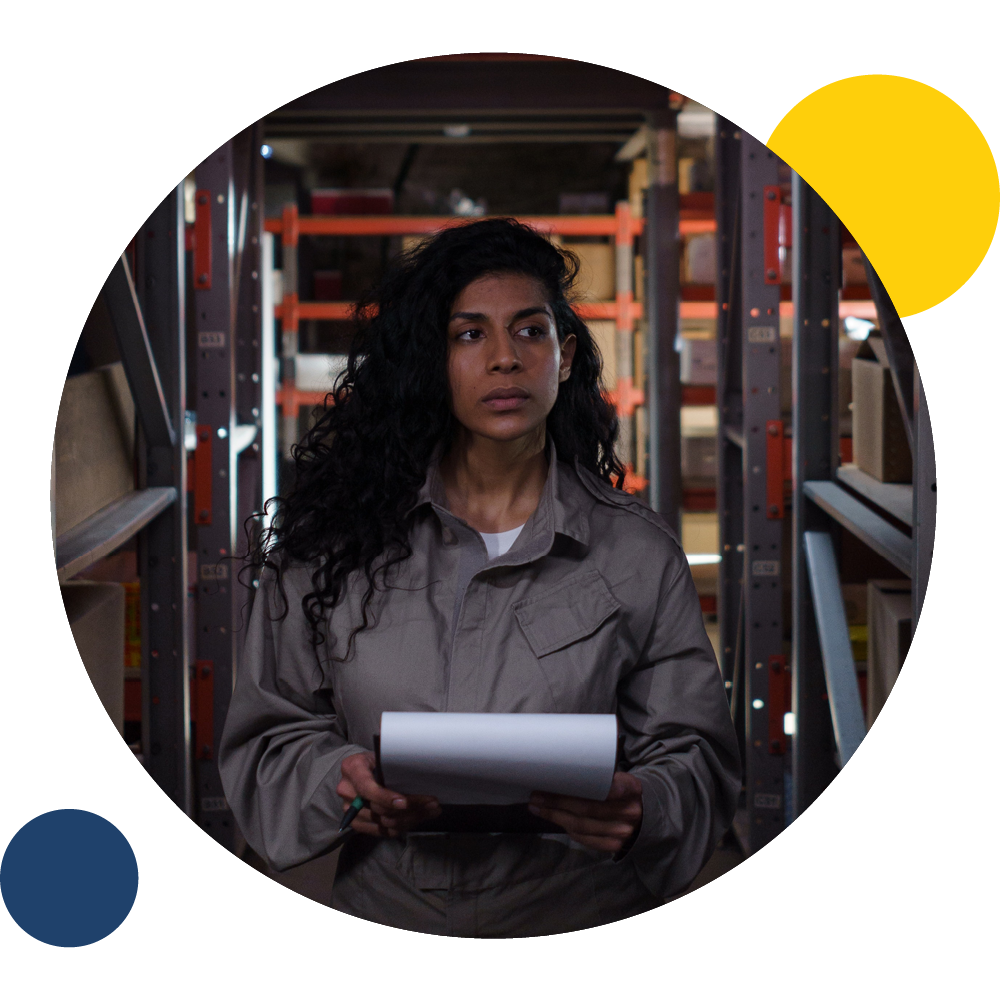
Let us help you evaluate your needs!
- Safety: Alerts to protect assets
- Compliance: Automated reports
- Efficiency: Reduced Manual Logging
And what makes us different?
- Lifetime Warranty: Never buy hardware again!
- Unlimited Users: Scale across your entire org
- Connectivity Flexibility: Wi-Fi, Cellular or Data Hub
- Phone call alarms: Alerts won't get ignored
- Mobile App: 500 Freezers in your pocket
All American made and supported!
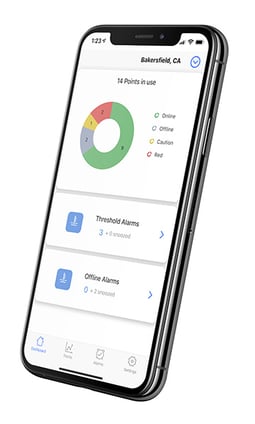
See What Customers Say About Sonicu
Asset Protection. Compliance Automation. And Reduced Manual Processes.
Sonicu serves thousands of professionals at hundreds of organizations across North America by improving how they monitor and manage their most sensitive assets and environments.
Professionals from healthcare, life science, laboratory and cold chain facility management turn to Sonicu to help them improve the way they do business.
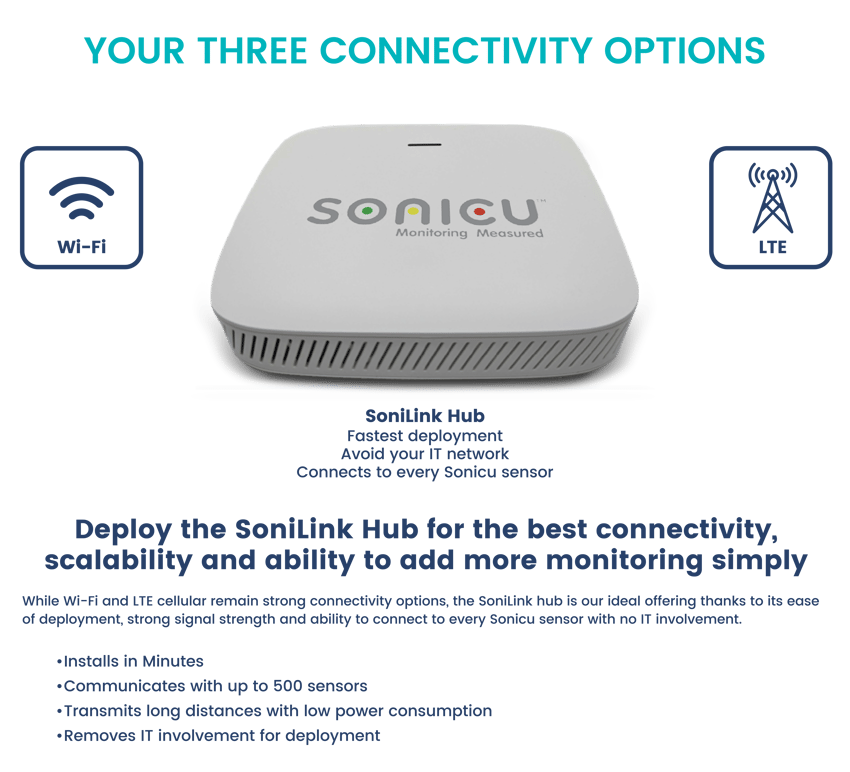
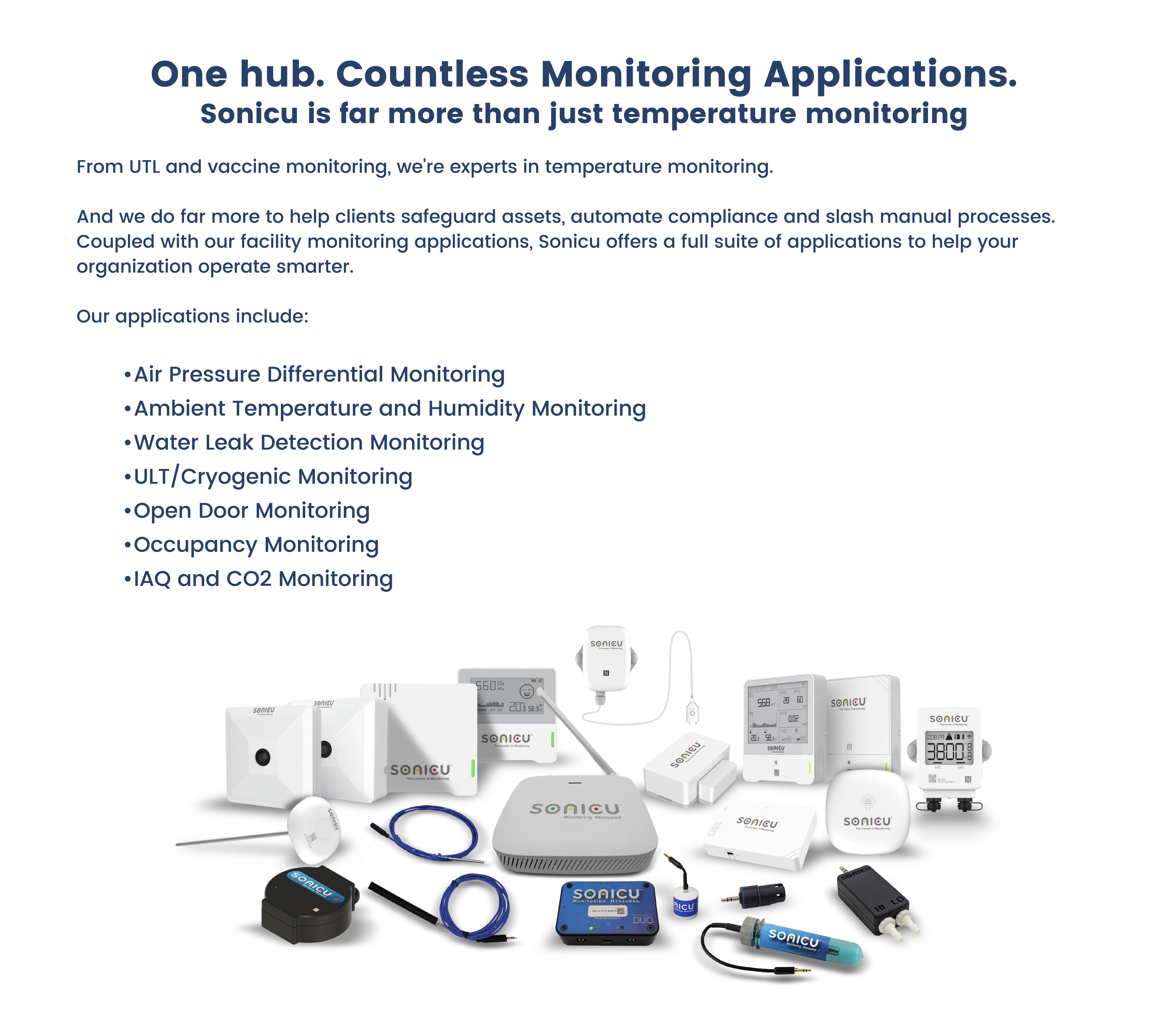
Room Condition Monitors
Some of the finest names in healthcare, including Indiana University Health, University of Michigan Health System, and Stanford University rely on Sonicu to provide a robust and continuous environmental monitoring system, including temperature, humidity, air pressure, and more.
These respected healthcare and research brands turn to Sonicu for four primary reasons:
- Real-Time Monitoring: the sensors collect temperature, humidity, air pressure data, and more, and transmit it wirelessly to SoniCloud - our cloud-based platform.
- Operational Efficiency: Virtually eliminate the need for tedious and costly manual logging
- Compliance Automation: Respond to any regulatory audit or inspection in a few clicks with our reports section
- Asset Protection: Detect and respond to any threshold that can threaten anything perishable: food, drugs, vaccines, research, etc.
Our customers stay with us thanks to our American-based customer support, which is never more than a phone call away. While our technology is intuitive and powerful, we know it’s only as strong as the people who stand behind it.
Room condition monitors are sophisticated environmental monitoring systems that continuously track and record critical parameters such as temperature, humidity, air pressure, and other environmental conditions.
These advanced monitoring solutions provide real-time data and alerts to ensure optimal conditions for sensitive equipment, products, and processes.
In today's complex regulatory environment, these systems have become essential tools for maintaining quality control and protecting valuable assets.
What are Room Condition Monitors?
Room condition monitors represent the cornerstone of modern environmental monitoring technology. These sophisticated systems serve as vigilant guardians of indoor environments, continuously measuring and recording critical parameters that affect space conditions.
Through advanced sensor technology, these systems provide real-time oversight of temperature variations, humidity levels, and air pressure differentials.
At their core, room condition monitors consist of precision sensors connected to intelligent monitoring platforms.
These systems operate 24/7, ensuring that environmental conditions remain within specified parameters.
When conditions deviate from acceptable ranges, the systems immediately alert relevant personnel through various notification channels, enabling swift corrective action.
Modern room condition monitors go beyond basic measurement, incorporating advanced features such as data logging, trend analysis, and predictive maintenance capabilities.
This evolution has transformed them from simple measurement tools into comprehensive environmental management systems.
Importance of Room Condition Monitoring in Various Industries
Environmental monitoring has become essential across a range of industries, each with unique requirements and challenges.
In healthcare settings, proper monitoring helps maintain sterile conditions in operating rooms and ensures proper storage conditions for sensitive medications.
Research laboratories, meanwhile, rely on precise environmental control to maintain experiment validity and protect valuable samples.
The financial implications of proper monitoring cannot be overstated. A single environmental control failure can result in significant losses:
- Pharmaceutical companies risk losing entire batches of temperature-sensitive medications
- Research facilities may face compromised experiments and damaged equipment
- Healthcare facilities must ensure patient safety and comfort while protecting sensitive medical supplies
- Manufacturing operations depend on specific environmental conditions for quality control
Beyond immediate operational concerns, room condition monitoring plays a crucial role in regulatory compliance.
Many industries must maintain detailed environmental records for audit purposes, making accurate monitoring and documentation essential for maintaining certifications and licenses.
How Room Condition Monitors Work
The operation of room condition monitors combines sophisticated sensor technology with advanced data processing systems. Environmental sensors continuously sample the air, measuring multiple parameters simultaneously:
- Temperature monitoring involves precision thermistors or resistance temperature detectors (RTDs) that provide highly accurate readings across wide temperature ranges. These sensors can detect variations as small as 0.1°C, ensuring precise temperature control in critical environments. Humidity sensors measure relative humidity through capacitive or resistive methods, providing accurate readings of moisture content in the air. This proves particularly important in environments where moisture levels can affect product quality or research outcomes.
- Air pressure monitoring employs differential pressure sensors to track variations in air pressure between spaces. This capability proves essential in cleanroom environments and isolation rooms where maintaining proper pressure relationships prevents contamination.
The data collection process operates continuously, with measurements taken at predetermined intervals. Modern systems process this information through sophisticated algorithms that can:
- Identify trends in environmental conditions
- Predict potential issues before they become critical
- Generate detailed reports for compliance purposes
- Provide real-time visualization of environmental conditions
Integration capabilities allow these systems to connect with building automation systems (BAS) and environmental controls.
This integration enables automated responses to maintain optimal conditions, reducing the need for manual intervention and improving efficiency.
Remote monitoring capabilities have revolutionized environmental control by allowing facility managers to oversee conditions from anywhere.
Mobile applications and web-based interfaces provide instant access to current conditions and historical data, enabling informed decision-making regardless of location.
The implementation of room condition monitoring systems requires careful planning and expertise.
Factors such as sensor placement, network connectivity, and system redundancy must be considered to ensure reliable operation.
Success depends on choosing the appropriate technology and implementing it correctly for each specific application.
The Science Behind Temperature, Humidity, and Air Pressure Monitoring
Modern room condition monitors employ sophisticated sensor technology to deliver precise measurements of environmental conditions.
These systems can detect temperature variations with accuracy up to ±0.5°C, while simultaneously monitoring relative humidity levels across the full spectrum from 0% to 100%.
Differential air pressure monitoring provides critical data for contamination control, particularly in sensitive environments like cleanrooms and medical facilities.
Industries That Rely on Room Condition Monitors
Healthcare and Hospitals
Healthcare facilities depend on precise environmental control for numerous critical applications. Operating rooms require strict temperature and humidity control to maintain sterile conditions.
Medication storage areas must maintain specific environmental parameters to ensure drug efficacy.
Patient rooms need consistent comfort levels for recovery, while specialized equipment storage areas require specific conditions to maintain calibration and functionality.
Life Sciences and Research Labs
Life Sciences research laboratories face unique challenges in maintaining environmental stability. Specimen storage requires precise temperature control to preserve sample integrity.
Sensitive research equipment demands stable conditions for accurate results.
Climate-controlled workspaces must maintain consistent conditions to ensure experiment validity and repeatability.
Modern monitoring systems help maintain these exacting standards while providing detailed documentation for regulatory compliance.
Food Storage and Distribution
Food Safety requires rigorous temperature monitoring in storage and distribution, representing a critical control point in food safety management.
The cold chain must maintain specific temperature ranges from production through transportation and storage to ensure product safety and quality.
Modern monitoring systems provide continuous tracking of environmental conditions, allowing immediate response to any deviations and maintaining detailed records for compliance and quality assurance.
Pharmaceuticals and Biotechnology
The pharmaceutical industry relies on precise environmental control throughout the production and storage process.
From research and development facilities to manufacturing areas and storage warehouses, maintaining specific temperature and humidity levels is essential for product efficacy and regulatory compliance.
Advanced monitoring systems help ensure these conditions remain within acceptable ranges while providing comprehensive documentation for regulatory requirements.
Organizations such as Ohio University have trusted Sonicu to provide them with peace of mind when it comes to temperature monitoring. Other benefits they receive by choosing Sonicu include:
- Asset Protection: Get alerts when a freezer is malfunctioning to protect assets like medicines, vaccines, blood, research, sperm/eggs
- Compliance Automation: Creates simple reports to satisfy local/state/federal regulations
- Operational Efficiency: Spend less time capturing data manually: Both temps/conditions and reporting
Key Features of a Reliable Room Condition Monitoring System
A reliable room condition monitoring system should offer:
- Real-Time Data Access: Immediate access to environmental data helps users respond quickly to any issues
- Multi-Parameter Monitoring: Monitoring temperature, humidity, and air pressure simultaneously provides comprehensive protection
- Alarm and Notification Systems: Alerts are triggered when conditions deviate from the desired range, helping prevent costly damages.
Challenges in Room Condition Monitoring
Temperature fluctuations pose a significant challenge in maintaining accurate monitoring conditions. HVAC systems, equipment heat output, and external weather conditions can create localized temperature variations throughout a space.
These variations may not be detected by poorly placed sensors, leading to incomplete or misleading data about the actual room conditions.
Humidity control presents its own unique set of challenges, particularly in facilities with multiple zones or varying requirements. The relationship between temperature and relative humidity means that changes in one parameter directly affect the other.
This interdependency requires sophisticated monitoring solutions that can track and respond to both factors simultaneously while maintaining accuracy across different ranges.
Air pressure differentials can be particularly difficult to maintain and monitor, especially in facilities with multiple rooms or zones requiring different pressure levels.
Door openings, ventilation system operations, and even weather changes can impact pressure readings.
Maintaining consistent differential pressure requires continuous monitoring and rapid response capabilities to prevent contamination risks in critical environments.
- Environmental Factors That Affect Monitoring Accuracy: Humidity, air pressure changes, and sensor positioning can impact accuracy.
- Ensuring Compliance with Regulations: Adhering to local, state, and federal regulations requires accurate, consistent data logging and reporting.
- Sonicu’s role in room condition monitoring is that of a leader in providing room condition monitoring solutions, trusted by industries across the spectrum. From hospitals to food storage, Sonicu’s ecosystem helps users maintain compliance, protect assets, and increase operational efficiency.
- SoniLink Hub: Hardware for Seamless Connectivity
- SoniLink Hub serves as the hardware backbone, connecting all sensors to the cloud platform. It ensures data is transmitted efficiently and securely, offering real-time insights into room conditions.
- SoniShield: Protecting Critical Assets| The SoniCloud platform combines hardware and software to ensure that critical assets like medicines, vaccines, and biological samples are protected. With real-time alerts and automated reports, users can ensure they meet regulatory standards.
- Digital Sensors & Probes: Precision Instruments for Accurate Data Collection
- Sonicu’s probes are designed for cold and frozen environments, ensuring that temperature, humidity, and air pressure are monitored accurately, even in the most extreme conditions
Real-World Applications of Sonicu Room Condition Monitoring:
Ensuring Compliance with Regulations
Regulatory compliance presents complex challenges across different industries.
Healthcare facilities must meet strict Joint Commission (JCAHO) standards for environmental monitoring, while pharmaceutical companies need to satisfy FDA requirements for storage conditions.
These regulations often require specific documentation formats, monitoring frequencies, and response protocols that must be carefully maintained and verified.
Calibration requirements add another layer of complexity to compliance efforts. NIST-traceable calibration must be performed at regular intervals, with proper documentation maintained for each sensor.
This process requires careful scheduling and tracking to ensure no sensors fall out of compliance while maintaining continuous monitoring during calibration periods.
Documentation management often proves challenging for organizations with multiple monitoring points or facilities. Each sensor reading, alarm event, and response action must be properly recorded and stored in a format that satisfies regulatory requirements.
Manual systems can quickly become overwhelmed by the volume of data, while poorly designed digital systems may not capture all required information in an audit-ready format.
Alert management and response protocols require careful balance. Systems must be sensitive enough to catch genuine issues while avoiding false alarms that can lead to alarm fatigue among staff.
Establishing appropriate thresholds that account for normal variations while still protecting critical assets requires expertise and ongoing adjustment based on operational experience.
Tyner Pond has entrusted Sonicu and received these top features:
- American-based Customer Service and Tech Support
- Redundancy of Power/Connectivity to protect data integrity
- SNAP calibration service for NIST compliance
- Hardware assembled in the United States
- Built on AWS Cloud for simplicity, speed, reliability, and scalability
FAQs
What are room condition monitors used for?
Room condition monitors are used to track environmental conditions such as temperature, humidity, and air pressure, ensuring that these factors remain within safe limits.
How do room condition monitors help with compliance?
They automatically generate reports and logs that meet the requirements of regulatory bodies, simplifying compliance for organizations.
What industries benefit from room condition monitoring?
Industries such as healthcare, pharmaceuticals, life sciences, and food services benefit greatly from room condition monitoring.
Can room condition monitors be customized for specific needs?
Yes, room condition monitoring systems can be tailored to the specific needs of different industries, ensuring that all environmental factors are appropriately monitored.
How does Sonicu ensure the accuracy of its monitoring systems?
SNAP Calibration to ensure that all sensors are accurate and meet NIST standards, providing peace of mind and regulatory compliance.
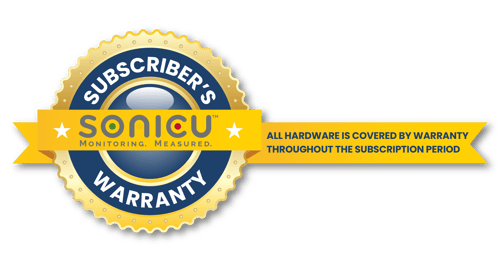
American-based Customer Support: Robust & Reliable High Touch Service
Software and technology is only as good as the people who stand behind it.
At Sonicu, that means our team of American-based customer success managers who are never more than a phone call away to help field and fix any service issues.
Our probes and sensors are placed in demanding frozen environments and our software literally sends billions bits of data monthly, meaning there’s always the potential for a hiccup on either the hardware or software.
We are committed to fielding every customer service request promptly and addressing our customer’s concerns promptly and professionally.
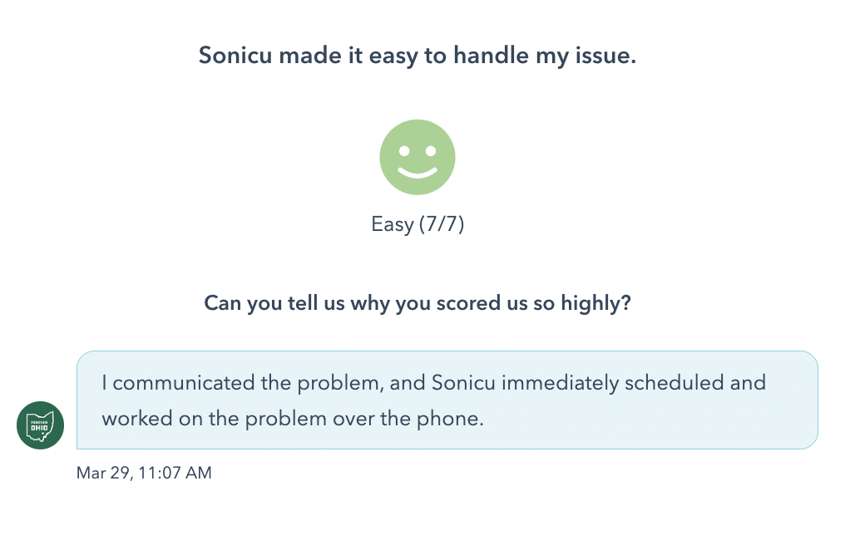
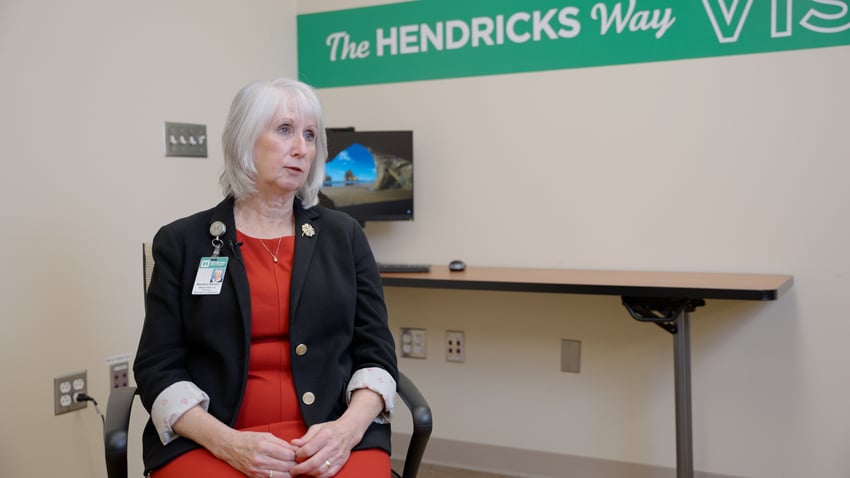 “I like to say that every refrigerator or freezer is like a car in that they all behave a bit differently,
“I like to say that every refrigerator or freezer is like a car in that they all behave a bit differently,
and then every now and then you just get a bad boy who doesn’t want to perform as we need it to,”
Martha Rardin, Director, Nutrition and Dietetics, Hendricks Regional Hospital.
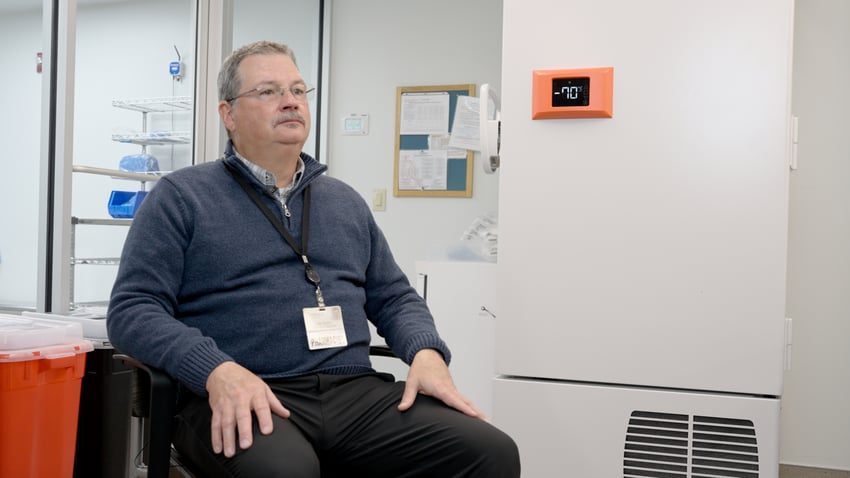 “Sonicu has been a powerful tool to identify which units are behaving out of spec and get our team
“Sonicu has been a powerful tool to identify which units are behaving out of spec and get our team
to fix them before we have a serious issue.”
Tim Livesay, Director, Hancock Regional Hospital Pharmacy Director

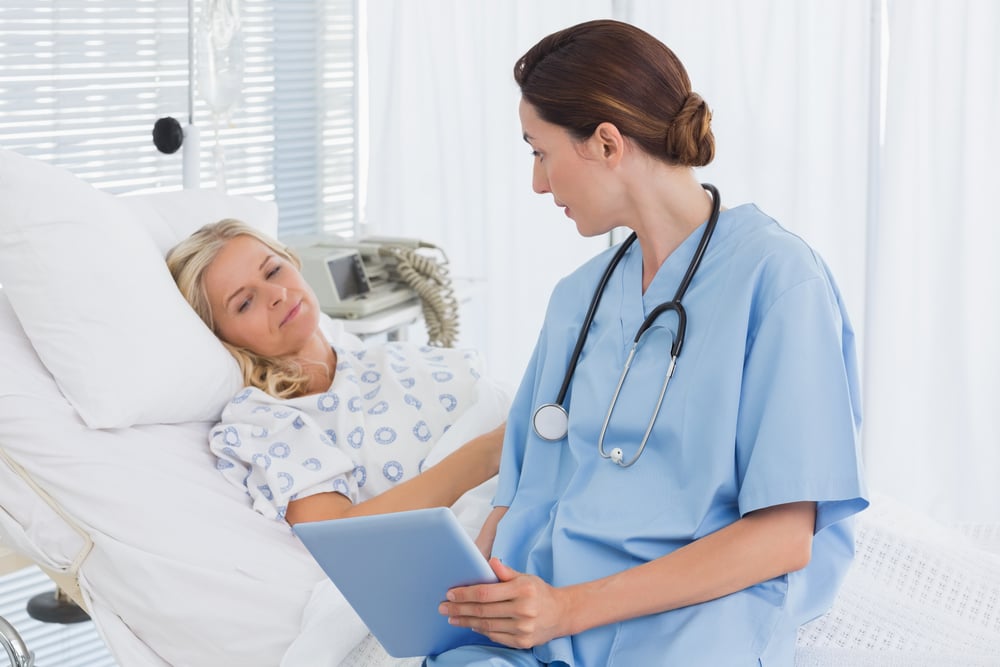
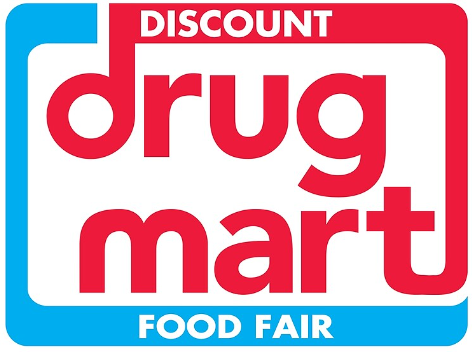
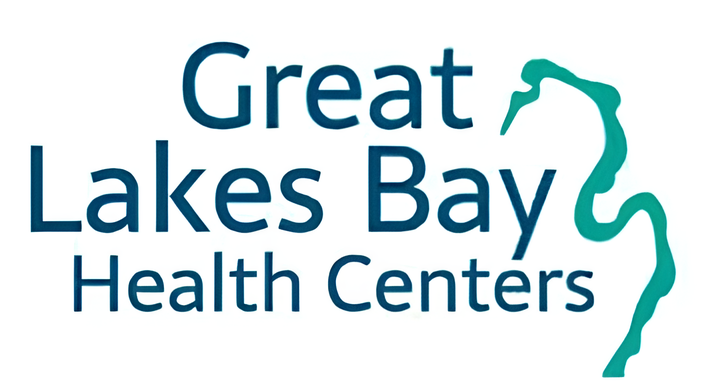


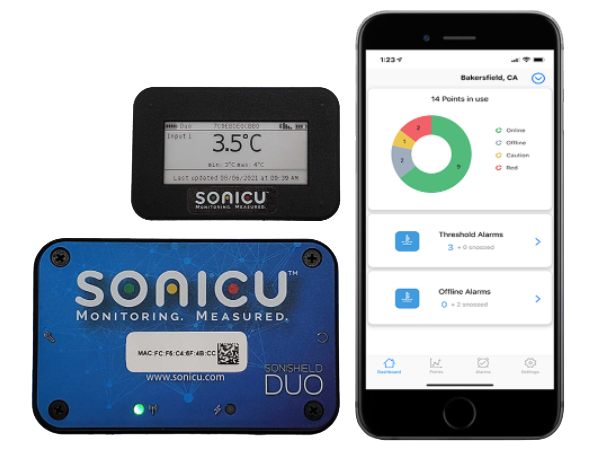


How IU Health
consolidated all of its pharmacy monitoring needs
into one cloud-based platform serving dozen of locations.